General Information About Non-Hodgkin’s Lymphoma (NHL)
Lymphoma is a type of blood cancer that affects white blood cells known as lymphocytes. Lymphomas often affect the lymph nodes or lymphoid tissues such as the spleen. Also, lymphomas can affect extranodal tissues such as the lung, liver, or gastrointestinal (GI) tract.
There are two main subtypes of lymphoma, non-Hodgkin’s lymphoma (NHL), and Hodgkin’s lymphoma. The main distinction is whether B cells or T cells are affected, and how quickly the lymphoma grows and spreads. Only about 20 percent of lymphomas are considered Hodgkin’s lymphoma. Depending on the subtype, NHL can be indolent (grows slowly) or aggressive. NHL is one of the most common cancer types, accounting for 4 percent of all cancers in the United States. NHL is found mostly in adults but also occurs in children.
There are a total of 40 NHL subtypes. The most common include:
- Mantle Cell Lymphoma (MCL)
- Follicular Lymphoma
- Marginal Zone Lymphoma (MZL)
- Diffuse Large B-Cell Lymphoma (DLBCL)
- Burkitt’s Lymphoma
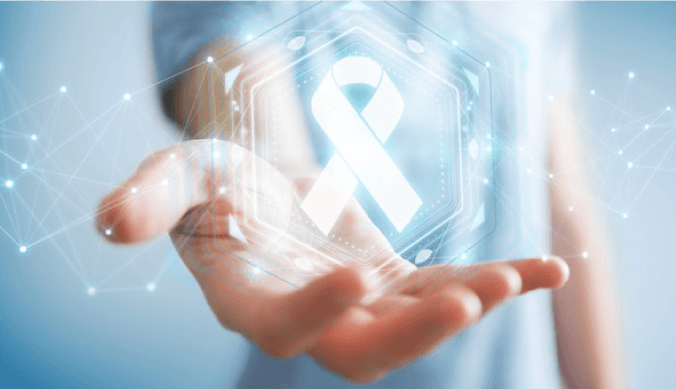
Is There any Connection Between Nutrition and NHL?
Having a balanced diet will not cure NHL, but prioritizing nutrition can help patients alleviate symptoms side effects from treatment.
Symptoms of NHL typically involves one or more of the following:
- One or more swollen lymph nodes in the neck, groin, or armpit
- Night sweats
- Abdominal discomfort
- Shortness of breath
- Fever
- Loss of appetite, leading to weight loss
- Persistent fatigue
Following the nutritional guidelines set by your doctor and care team can help manage these symptoms and side effects from treatment.
Nutrition Tips to Prevent NHL
There is no difference in the risk factors of NHL and Hodgkin’s lymphoma. There have been several studies on the risk associated with diet and developing lymphoma. Below are some factors researchers have studied to reduce the risk of lymphoma:
- Reduce the intake of animal products
- Reduce the intake of saturated and trans fats
- Increase consumption of fruits and vegetables
- Increase vitamin A and C intake
- Gluten free diets in those with celiac disease
- Maintain a healthy weight
It is important to note that risk factors and prevention methods of NHL and other cancers do not guarantee that someone will or won’t develop cancer. There are individuals with no risk factors present who may develop cancer. Likewise, there are individuals with one or more risk factors present that will not have cancer.
Nutrition Tips During NHL Treatment

Nutrition tips for NHL patients can depend on the type of treatment being used. For example, chemotherapy and radiation therapy often cause side effects leading to weight loss including fatigue and loss of appetite. In some cases, steroids are used in treatment and cause patients to gain weight. University hospitals and large cancer centers will often have nutritionists or someone available on your cancer team that can give advice based on your individual case. NHL patients should ask their doctors about how to manage their nutrition based on their treatment options.
Nutrition is the most important for patients during treatment. The following is recommended by doctors when receiving treatment:
- Eat multiple servings of fruits and vegetables each day
- Drink water throughout the day, which can help limit side effects
- Replace electrolytes by drinking broths or sports drink
- Eat a balanced diet that includes:
- A third of daily food intake should include carbohydrates including wholegrains for energy
- Sugar and fats in small amounts
- Milk and dairy products in small amounts
- Proteins such as meat, fish, and legumes
- Fruits and vegetables
If appetite and energy remain low throughout treatment, a few tips can help patients maintain their daily food intake:
- Put small snacks around the house to easily access them throughout the day.
- Cook in larger quantities so you can reheat meals throughout the week.
- Have a friend or family member help with groceries, cooking or preparing meals.
Foods to Avoid if You Have NHL
Dieticians or nutritionists can analyze NHL patients’ test results and upcoming treatments to suggest which foods should be avoided. If you have low levels of white blood cells, which is common in NHL, drinks and foods with live bacteria should not be consumed. These include:
- Probiotic yogurts, drinks, and foods such as kefir, kimchi, or sauerkraut
- Unpasteurized foods and drinks
- Raw honey
- Blue or moldy cheese
To minimize food safety risks, patients with an NHL diagnosis should maintain a balanced diet.
Should a Person with NHL Eat Organic Foods?
Many individuals with cancer such as NHL and those that are health-conscious choose to eat organic foods because they are from farms that restrict various pesticides, fertilizers, and chemicals from being used in food. These foods contain a higher-level of antioxidants, although there is not substantial evidence for organic foods curing cancer.
There has been preliminary research that shows organic foods can lower the risk of developing NHL, but further studies will be necessary for researchers to confirm the link.
Are Supplements Safe or Beneficial for NHL?
NHL patients with an appetite and a balanced diet most likely do not need to take any supplements. If you are unable to get the proper nutrition from eating the recommended foods, your doctor can recommend which vitamins and minerals can be helpful.
Talk to your doctors about whether supplements can benefit you or if the supplements you are currently taking will interfere with treatment.
Sources:
https://www.medicalnewstoday.com
https://nutritionguide.pcrm.org



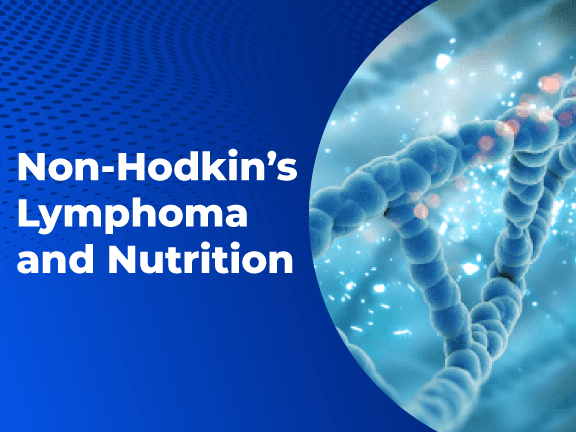
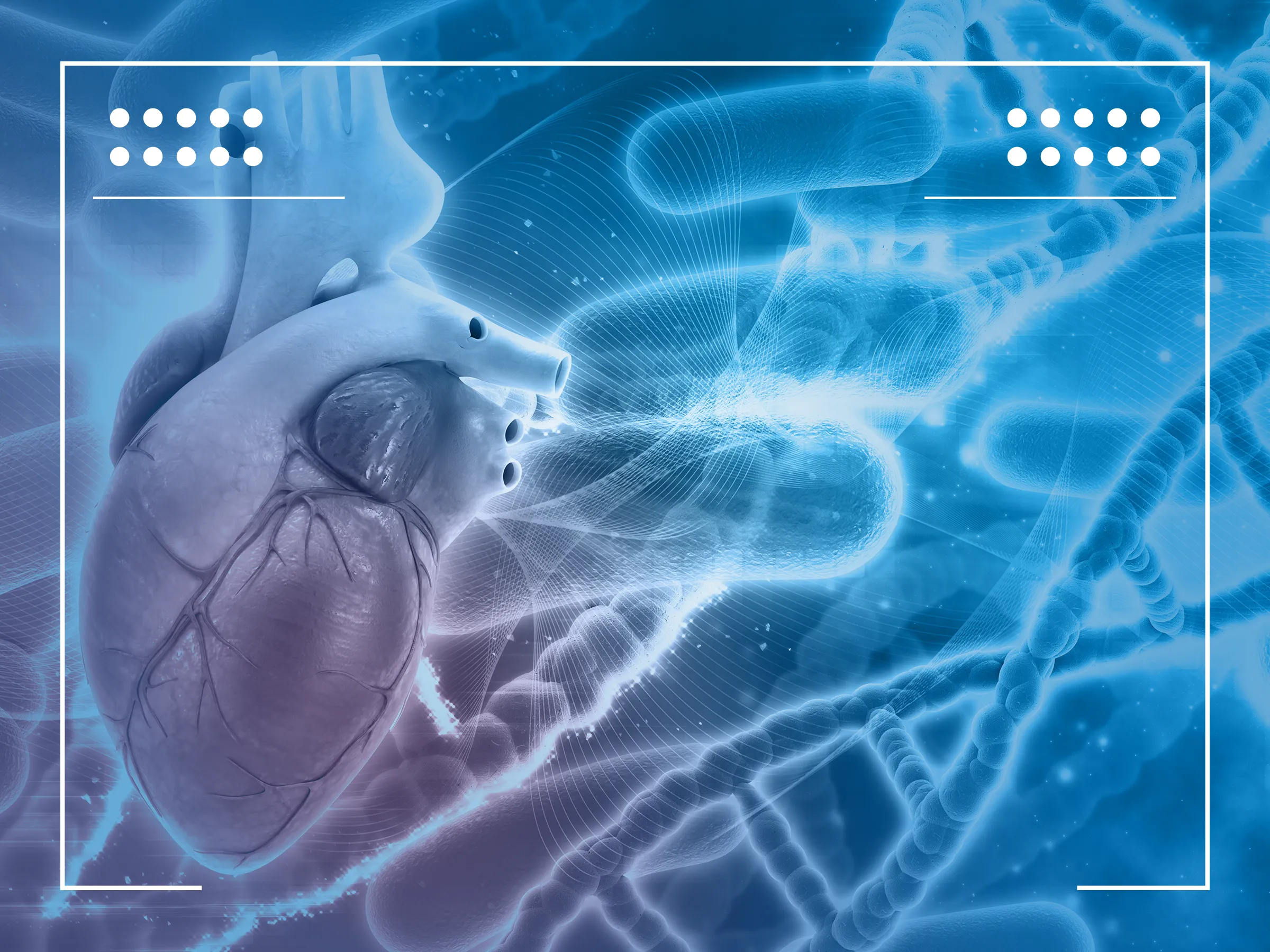
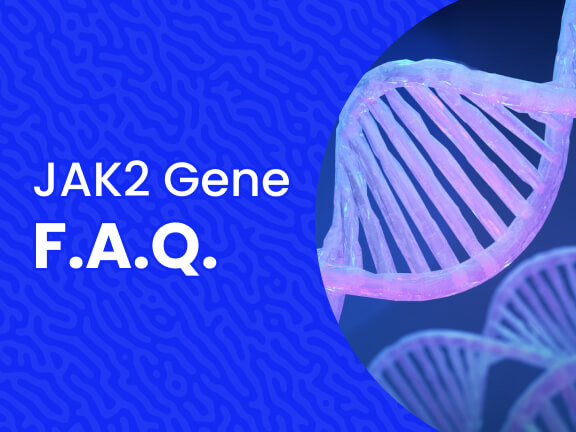
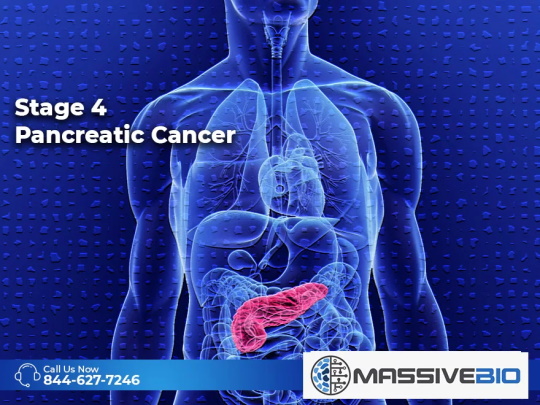
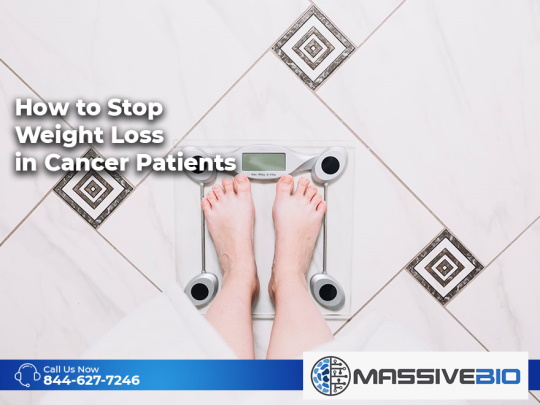

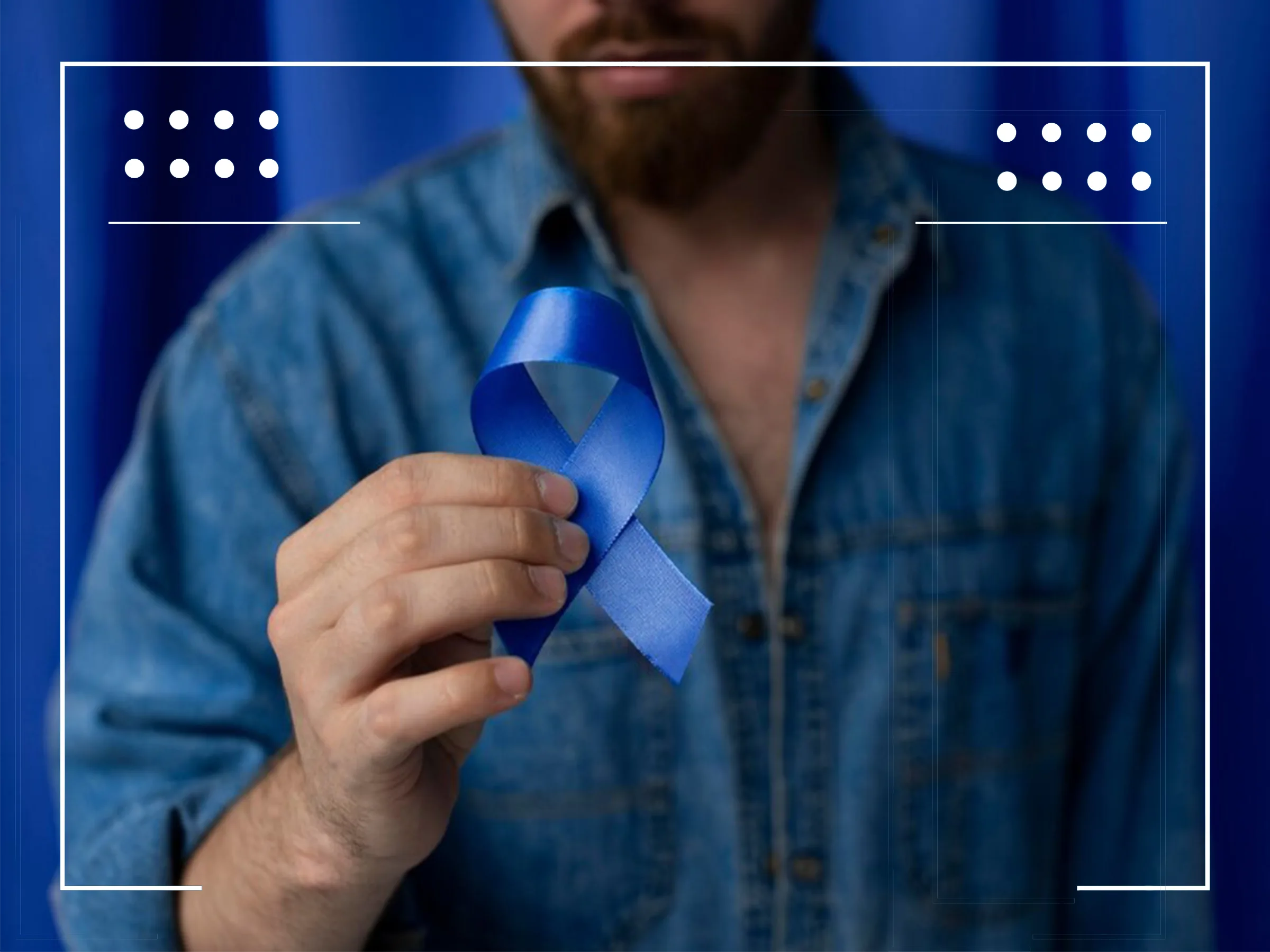
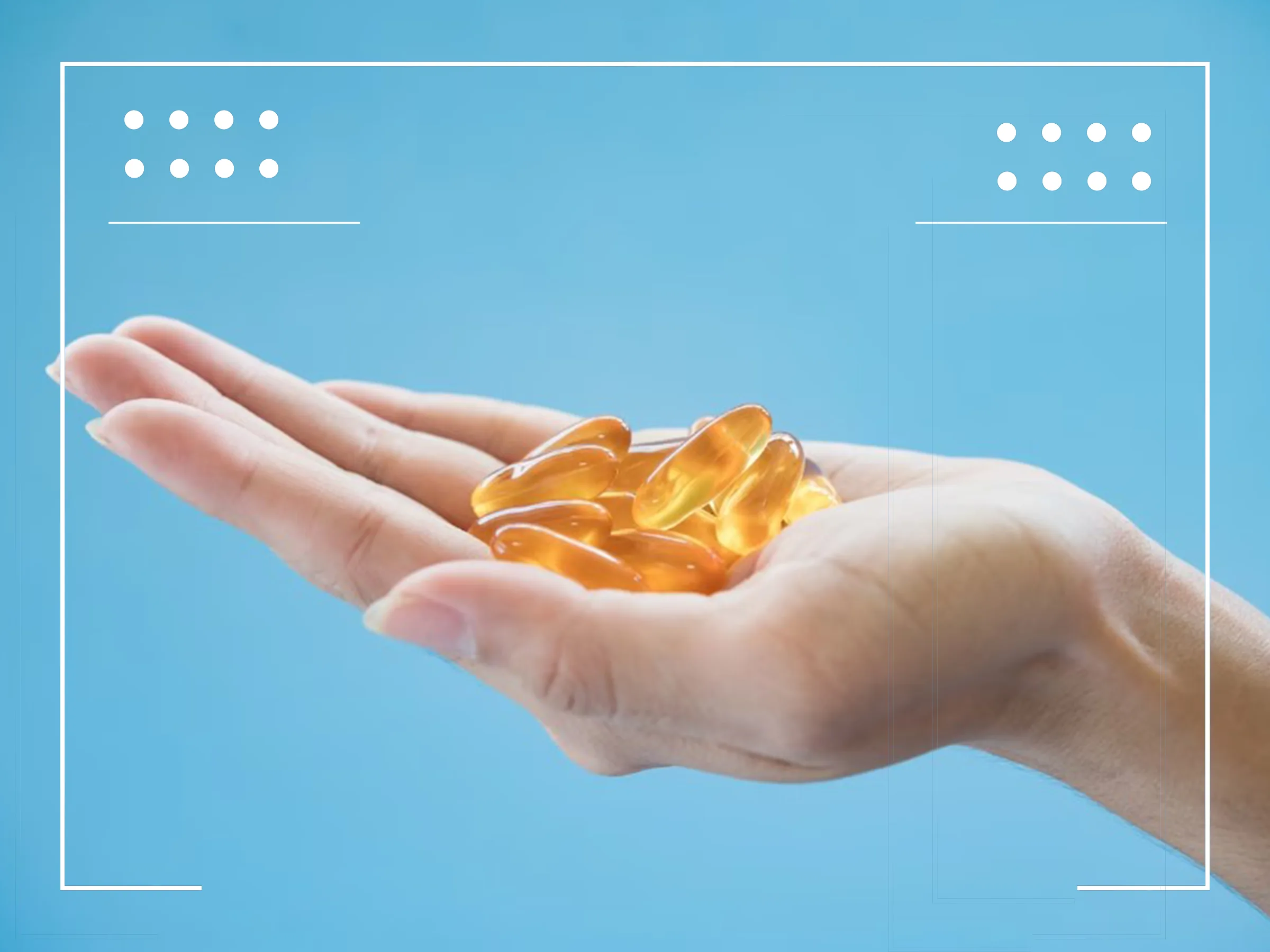
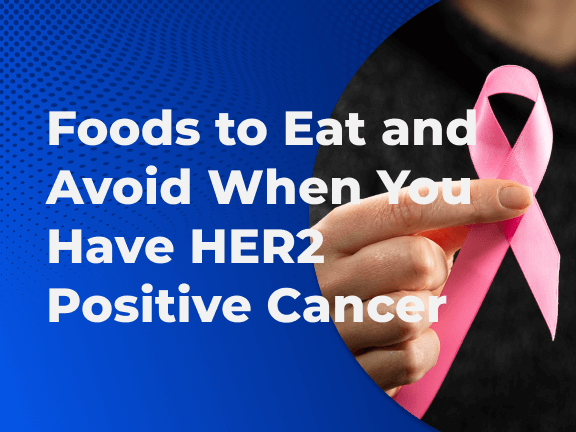
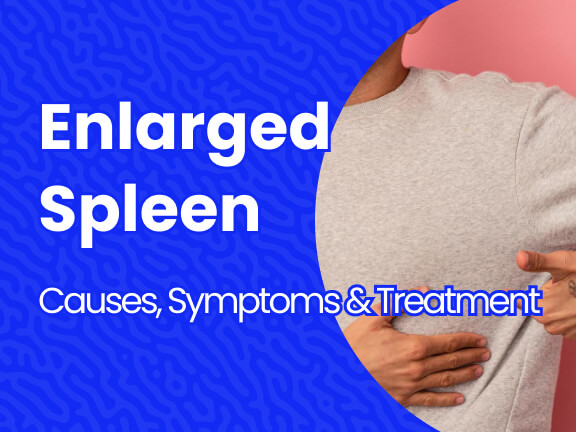
1 Comment
THANKYOU FOR THE INFO